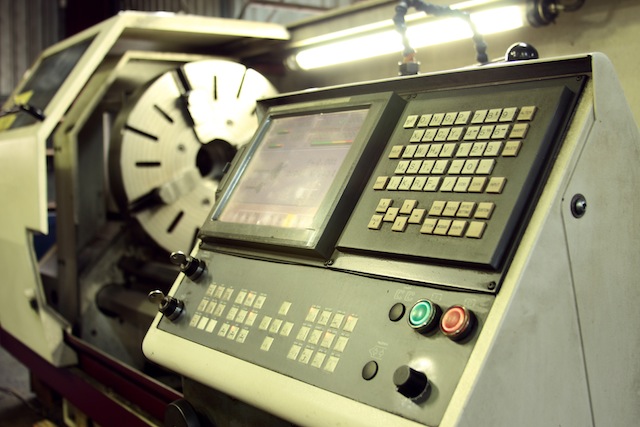Once again the question of what happens to the jobs of today in the face of technology is raised in a Quartz story by Zake Kanter looking at how driverless cars will lost the US economy millions of jobs over the next decade.
Zake isn’t alone in this, just one study predicts half the US police workforce could be put out of work as autonomous vehicles take to the road.
Worrying about today’s jobs is understandable as it’s clear the news won’t be good for many occupations. However the discussion should be about what roles are going to be needed in the future.
Looking back
Should we go back a hundred years there were a huge number of people, primarily young boys, employed in cleaning roads of horse dung. The equine industries provided work for tens of thousands of workers ranging from skilled blacksmiths and buggy makers through to those unskilled street sweepers.
Most of those people lost their jobs and their careers became redundant as the age of the motor vehicle took over.
Yet those displaced eventually founds jobs – as mechanics, panel beaters, traffic cops and gas station workers – although for many the dislocation was tough.
Automotive transformation
The motor car also stimulated a transformation in society as it made travel easier and wide scale logistics viable. Those changes allowed supermarkets, drive-in theatres and fast food chains to develop, all of which were unthinkable at the beginning of the Twentieth Century.
Industries like fast food and the drive-in theatre were also driven by the demographic and social changes of the mid-Twentieth century as concepts like the teenager and the consumerist society were developed.
Demographics and economy
Those changes to demographics are important as well, the developed economies’ aging populations and shifting income patterns are going to determine the shape of society and the workforce even more so than technology.
For businesses and governments assuming the mid Twentieth Century consumerist economy is the future the next wave of change could be a difficult time. Even more so given that model of growth and employment was allowed to continue far beyond its natural life by the 1980s credit boom.
Credit, and banking, will be one of the challenging fields for the next decade as governments struggle with the consequences of guaranteeing institutions during the Global Financial Crisis along with the disruptions of higher frequency algorithmic trading, Big Data analytics and startups with new payments platforms.
Disruption everywhere
The disruptive effect on the banking industry by new technology will be repeated across sectors with startups and new business models challenging everyone from retailers to window cleaners, it’s not just the automotive industry that’s challenges.
While it’s difficult to predict exactly what the world is going to look like in 2025, it is clear that many industries and occupations will be struggling with a very changed world. The task for managers and business owners is to be aware of unexpected threats and opportunities.
Some of the opportunities are going to lie in studying statistics – essential in a world of big data – and learning the basics of software coding. Design is another area that is going to need many new workers.
For today’s workers, it’s more important than ever to be grabbing the skills required to be employed in the industries of the mid Twenty-First Century.
Similar posts:







